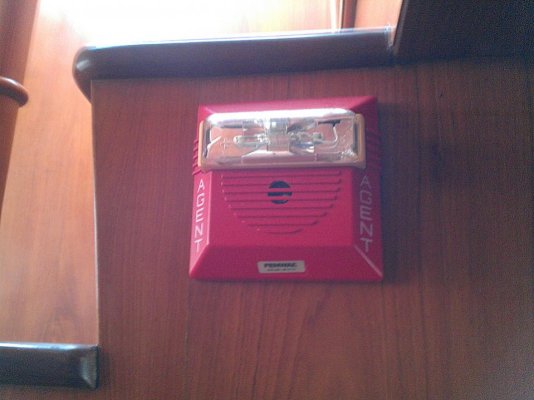Donna
Guru
- Joined
- Aug 30, 2016
- Messages
- 1,231
- Location
- United States
- Vessel Name
- Southerly
- Vessel Make
- 1986 Marine Trader 36' Sundeck
I admit it, I'm overwhelmed! Trying to get my 36ft. Marine Trader Sundeck Coast Guard compliant.
How many smoke/carbon monoxide detectors do I need and where?
2 staterooms, galley, salon and 2 heads.
I think I should just bring a cot to the marine store and sleep there!
How many smoke/carbon monoxide detectors do I need and where?
2 staterooms, galley, salon and 2 heads.
I think I should just bring a cot to the marine store and sleep there!





